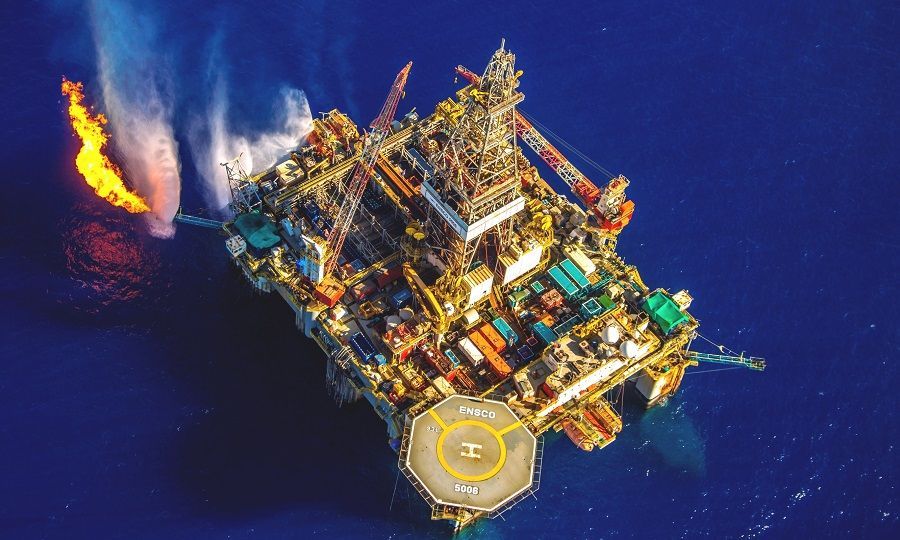In an ongoing back and forth, the government was due to respond to Chevron’s letter in negotiations over the development of the Aphrodite natural gas reservoir on Monday night, but no further details were expected.
“Chevron answered a letter from the Republic of Cyprus towards the end of last week and in the next few hours the answer to their [Chevron’s] letter from the Republic of Cyprus is expected,” the director of the president’s press office Victoras Papadopoulos said.
Commenting on a meeting held earlier in the day at the presidential palace with the energy minister and foreign minister, Papadopoulos said he could not comment further about the negotiations, but that the government remained hopeful that there would be a positive conclusion.
Chevron – operators of the consortium holding the concession on the Aphrodite gas field – had been asked to respond to the government’s latest proposal.
November 20 was the deadline which the energy ministry had set for taking “a final and binding decision” on the matter.
Though not disclosing details of the correspondence between the two parties, due to confidentiality reasons, Papadopoulos nevertheless said these developments “allow us to be optimistic”.
Later in the day, Energy Minister George Papanastasiou confirmed receipt of Chevron’s reply.
But he declined to be drawn on the next step, when reminded by a journalist that the deadline set by the government expired at 11:40am.
“We shouldn’t view the talks as an ultimatum,” he said.
“There is an ongoing deliberation, where we will see what the Republic wants, what the joint venture wants… and essentially the two parties are seeking to find common ground that is a win-win.”
He added: “At this point there is nothing to announce, you’ll allow me to not to comment any further.”
In May the consortium submitted a revised development plan for the gas field.
The Cypriot government rejected the revised plan at the end of August, with the contract providing for 30 days of negotiations to resolve the dispute. The negotiation period was extended for another 30 days with a deadline on November 5, which was then pushed back again.
The main sticking point between the government and the companies concerns a Floating Production Unit (FPU). Chevron has proposed the FPU be scrapped from the plans as the company wants to connect the field to liquefaction infrastructure in Egypt via a subsea pipeline.
It’s understood the energy giant would save approximately €1 billion by not building an FPU. By contrast, having an FPU would allow for greater gas recovery, thus maximising revenue for the Republic of Cyprus.
Nicosia considers that the presence of an FPU would extend the life cycle of the field and optimise production, while its absence would mean lower recovery of quantities and consequently less revenue. Moreover, it views the absence of the FPU as detracting from the flexibility needed to utilise the gas.
Meantime, Chevron also proposes drilling three production wells, instead of five wells as per the Production Sharing Contract (PSC) agreed in 2019.
The other issue under negotiation relates to the deadline for the Front-End Engineering Design (Feed), a key milestone in the development plan for Aphrodite.
Under the 2019 contract, the companies were supposed to commence the Feed study by November 7, 2023.
Earlier this month, the energy ministry proposed to the consortium a two-month extension for the Feed – pushing it to January 7, 2024. It was the government’s counter to the companies’ proposal for a four-month extension.
It’s understood the government’s stated optimism relates to the Feed issue.
Discovered in 2011, the Aphrodite reservoir holds an estimated 4.5 trillion cubic feet of recoverable gas.
Chevron are the operators and a 35 per cent partner in the field, along with Shell (35 per cent) and Israeli firm NewMed Energy (30 per cent).







Click here to change your cookie preferences